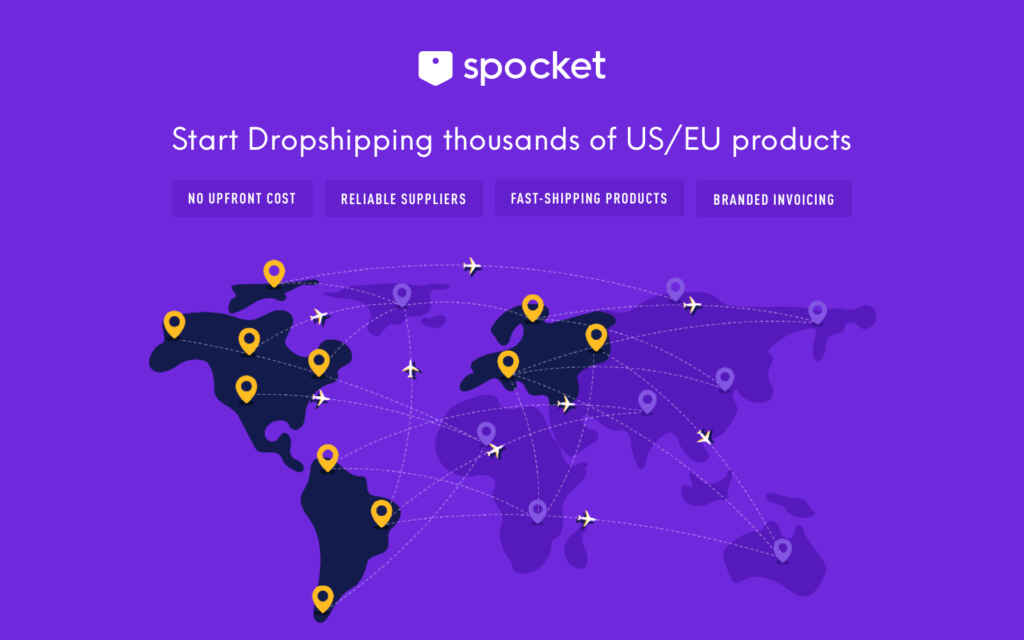Today I promise to be very brief, and you should pray for me that I keep my promise. Agreed?
I would like to simply share with you some information from a book entitled From Good to Great, by Jim Collins. This book is a result of extensive research about 1,435 big companies, with about 21 research associates, covering several years. The book provides clues as to why some companies make the leap from good to great, while others don’t. This is one of the most profound books on entrepreneurship I have read, and I candidly think you should get one copy and read it too, if you care, or if you are interested in making your company great. Though this research was principally based on US companies, many of these companies are global corporations so not simply US companies.
I request that you don’t brush off what is contained in this research results, due to reasons such as the companies being US based, or the companies being large corporations and yet your enterprise is one tiny thing. You could have many reasons to excuse yourself. Many business or enterprise principles remain applicable to enterprises in various locations and of different sizes. In any case, the large global enterprises you see today were once small and medium scale enterprises (SME’s) just like yours. You might find one or two good principles that can guide decision making in your enterprises as you work to grow and develop them over the years.
If you have already read this book, this information might not be new or shocking to you, but not everybody has read this book. One important message in this book is that good is the enemy of great, and the majority of businesses cannot move to become great companies because they are good. This is where the problem is. So, what are the findings about the so-called great companies anyway? What are the clues that can guide entrepreneurs to build great businesses over time? What is the shocking information that seems to defy normal thinking and assumptions about great companies? Let me quickly go through them below.
- Most good-to-great CEO’s came from within the company. There is some wisdom here Mr. Entrepreneur. You might not need to travel far and wide, crossing countries and oceans to locate a good CEO for your business. Look closer and you might have a great CEO in the making. That celebrity CEO you import into your business most likely will not move your business from good to great. You could grow your start CEO. Ok?
- Executive compensation is not linked to great companies. Don’t be easily deceived into some executive compensation arrangement that makes you lose sleep. Do you understand? Take it easy. That arrangement or structure has little to do with the performance of your business, or in making significant transformation. Period!
- Strategy alone does not account for great companies. Do you pride yourself in having the best strategy in your area or in your industry? Take note my dear entrepreneur. Strategy per se is not the answer to attaining greatness. You could have the best strategy but still bungle the whole plan. Long-term planning alone is not enough. Are you still following me? A great strategy with daft implementers means nothing.
- Great companies focused on both what to do and what not to do. Come on, my dear entrepreneur; don’t get too serious focusing only on what to do. Focus also on what you should not do. This is simply fantabulous! I love this. This goes against most of our brains that gravitate towards what to do always.
- Technology cannot cause a transformation from good to great though it can accelerate a transformation. Forget about all these big grammar about Artificial Intelligence (AI), Big Data, Cloud whatever! Ok? Though technology and technological change can accelerate transformation, they do not guarantee transformation to a great company. Why could this be so? I think it could arise from technology used to achieve the wrong goals or objectives, technology introduced for its own sake, poor implementation etc. In short, you need to get your transformation agenda right first before technology can help you, otherwise it could be technological junk.
- Mergers and acquisitions hardly play a role in building great companies. Now, some big companies like making news headlines through mergers and acquisitions, despite the fact that research indicates a 70%+ failure rate of these initiatives. Sometimes people seem to think that businesses combining with others or buying others to create some humongous and amorphous corporations is the answer to greatness. Not so my dear! Research indicates otherwise. I think I agree with this guy. Two or more idiots coming together, or one controlling the other, cannot guarantee wisdom or remarkable transformation. Don’t you think so?
- Great companies pay little attention on creating alignment, staff motivation and managing change. I know some people could demand for my neck here because I’m downplaying the importance of staff motivation, change management, alignment etc. Don’t blame me! I’m just reporting research results. Ok? These are big words in modern management and some consultants are making big money giving ideas in this regard. I don’t intend to spoil somebody’s income. What I’m saying is that focusing on these does not make great companies. With the right conditions in an enterprise these issues should take care of themselves.
- Great companies don’t follow revolutionary processes such as name change, launch event etc. to show transformation. I guess you have seen some revolutionary changes and events in some companies. It could be some very sexy business name change, or a big launching event that costs an arm and a leg, or a restructuring plan crafted by the industry guru. Great entities execute transformation in a largely silent and apparently unfelt ways, though later people can see and feel the dramatic effects of the transformation.
- Great companies are found in both great and terrible industries. My dear entrepreneur, don’t rant about that terrible industry you are operating in. Ok? Are you in a great industry? Don’t brag about how you will soon build a great company because you are in a good industry with good growth opportunities. It’s principally your conscious choice and not circumstances, which will make your company great!
Remember, I promised to be brief and I don’t like breaking my promise. I have simply KISSed (Kept it Short and Sweet). We could go into long discussions regarding the above points, but I think you do well to take them seriously until further notice. Don’t blame me; these are research findings though I think I largely agree with the points. I respect this. If I were able to carry out a similar research to disapprove these guys, possibly I could nullify some of the points with empirical data. Since I can’t, let me simply promote these ideas for now. Not so?
Later,
The Wise Entrepreneur














